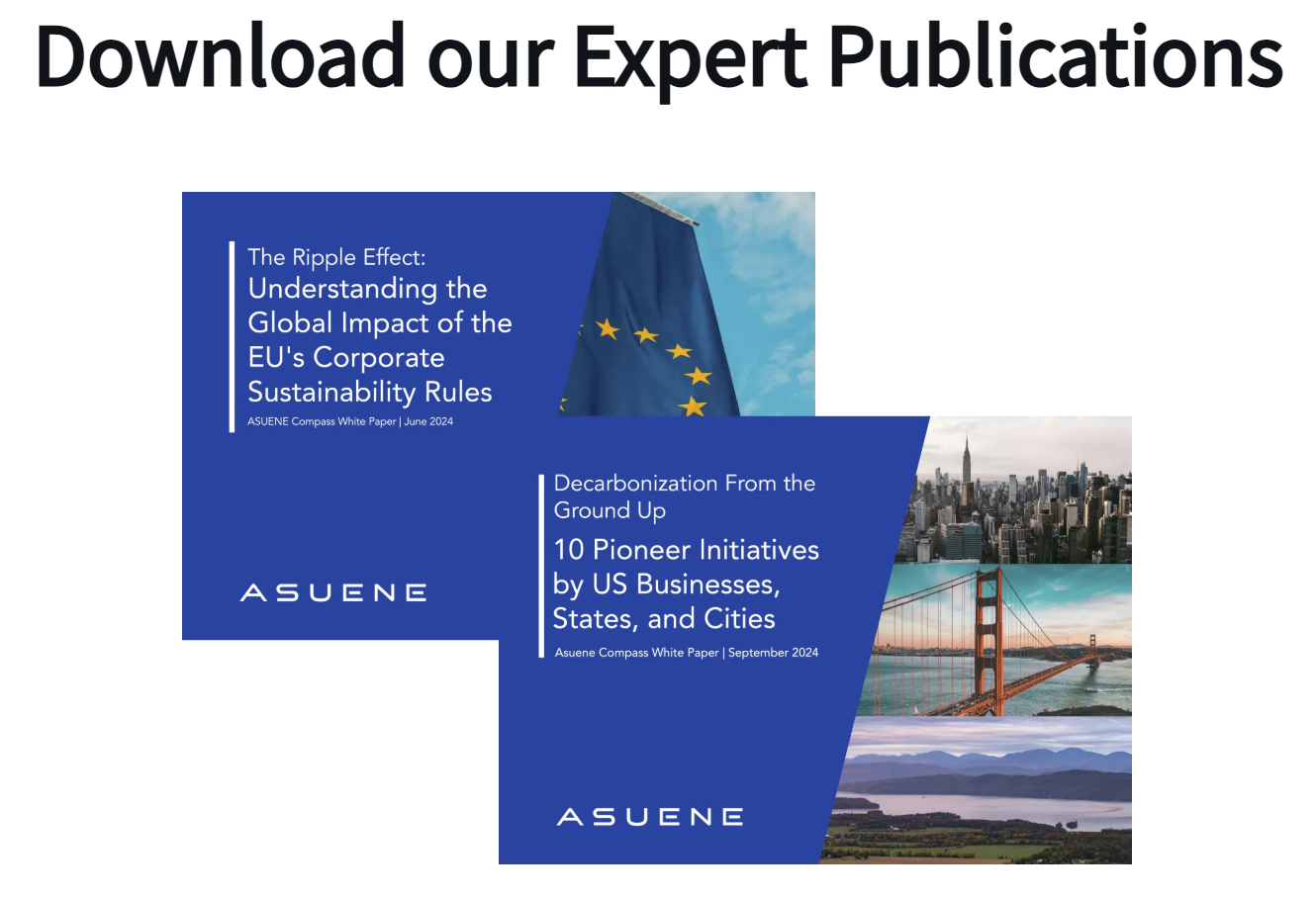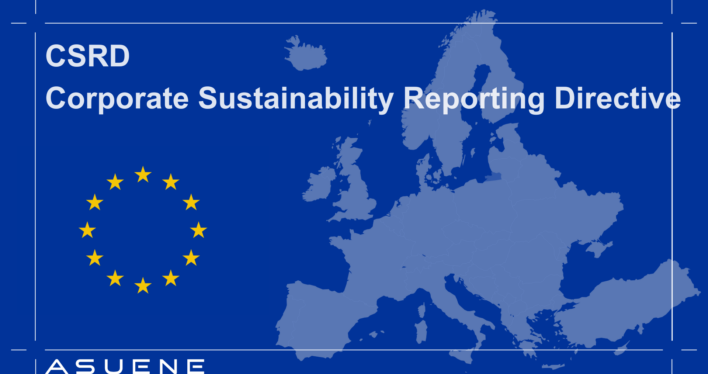- Article Summary
-
The Corporate Sustainability Reporting Directive (CSRD) is a landmark regulatory framework designed to enhance transparency and standardization in sustainability reporting across the European Union. This directive requires businesses to provide comprehensive disclosures on their environmental, social, and governance (ESG) practices, helping stakeholders make informed decisions. Here’s everything you need to know about CSRD, its requirements, and how to prepare
What is CSRD?
The CSRD is an enhanced version of the Non-Financial Reporting Directive (NFRD), expanding the scope and introducing stricter sustainability reporting requirements. By mandating reliable, comparable, and standardized sustainability data, the directive aims to:
- Promote transparency regarding companies’ environmental and societal impacts.
- Help investors, consumers, and other stakeholders assess corporate sustainability performance.
Key Requirements of CSRD
1. Scope of Reporting
CSRD applies to a wide range of businesses, including large companies, listed entities, and certain SMEs. The table below outlines the eligibility criteria:
| Type of Company | Description | Eligibility Criteria |
| Large Companies | Large companies operating within the European Union (EU) | Companies with 250+ employees, or a turnover of €50 million+, or total assets of €25 million+ |
| Listed Companies (in the EU) | Publicly listed companies (both large and medium-sized) | Listed companies are subject to CSRD regardless of their size |
| Non-listed SMEs | Some small and medium-sized enterprises (SMEs) | Listed companies that do not fall into at least two of the following categories (= not micro enterprises)- Total assets of not more than 450k €- Net turnover 900k € or less – Number of employees 10 or less |
| Non-EU Companies (Subsidiaries) | Non-EU companies with subsidiaries in the EU | CSRD applies to non-EU companies with subsidiaries operating in the EU |
Other Considerations:
- Industry-specific Requirements: While CSRD applies across various industries, sectors with significant environmental impacts (e.g., energy, manufacturing, chemicals) may face stricter requirements.
- Reporting Standards: CSRD mandates that companies follow the “European Sustainability Reporting Standards (ESRS)” for their disclosures. This ensures that sustainability reports are standardized and comparable across industries.
2. Industry-Specific Requirements
While CSRD applies across industries, certain sectors with significant environmental impacts, such as energy, manufacturing, and chemicals, may face stricter reporting obligations.
3. Reporting Standards
To ensure uniformity, companies must follow the European Sustainability Reporting Standards (ESRS), which detail how to disclose ESG performance metrics consistently.
4. Auditing of Sustainability Information
Sustainability reports must undergo audits to verify accuracy, adding accountability and enhancing trust in corporate claims.
Timeline for Compliance
CSRD compliance begins with fiscal years starting in 2024. Companies already reporting under the NFRD will need to adapt their processes, while others will have to establish new systems to meet the directive’s demands. Here’s a simplified timeline:
- 2024: Large companies and NFRD-compliant businesses.
- 2025: Other large entities not previously subject to NFRD.
- 2026 and beyond: Gradual inclusion of additional SMEs.
Benefits of CSRD Compliance
a. Improved Transparency
By standardizing sustainability reporting, CSRD aims to increase transparency and enable investors, consumers, and other stakeholders to make more informed decisions.
b. Enhanced Reputation
Companies that excel in sustainability reporting are likely to enhance their brand reputation and gain a competitive advantage, as consumers increasingly demand responsible business practices.
c. Better Risk Management
By reporting on ESG factors, companies can identify and address risks related to sustainability, from climate-related risk
How to Prepare for CSRD
✔Assess Current Reporting Practices:
Review existing ESG reporting frameworks and identify gaps compared to ESRS requirements.
✔Build Internal Capacity:
Train staff and allocate resources to ensure the necessary expertise for compliance.
✔Leverage Technology:
Adopt digital tools to streamline data collection, analysis, and reporting.
✔Engage Stakeholders:
Communicate with stakeholders to align on key sustainability goals and expectations.
✔Conduct Pre-Audits:
Perform mock audits to evaluate data reliability and identify areas for improvement before official submissions.

How ASUENE Can Support Your CSRD Journey
- ESG Data Collection and Reporting: Automate the collection of key ESG metrics and prepare disclosures in line with the European Sustainability Reporting Standards (ESRS).
- Scope 1, 2, and 3 Emissions Tracking: Accurately measure and report your GHG emissions to meet the environmental reporting requirements of the CSRD.
- Double Materiality Assessment: Conduct assessments that address both your business’s impact on sustainability and sustainability’s impact on your business, as mandated by the CSRD.
- Third-Party Verification Support: Ensure the credibility of your sustainability reports with independent verification, a key CSRD requirement.
- Customizable Dashboards: Gain actionable insights through our intuitive software, helping you identify areas for improvement and track progress toward sustainability goals.
Why Partner With ASUENE?
- Streamlined Compliance: Our software and services are specifically designed to simplify the complexities of CSRD reporting.
- Efficiency and Accuracy: Automate labor-intensive processes, reduce human error, and save time while maintaining high-quality reporting standards.
- Global Expertise, Local Focus: With over 10,000 clients globally and deep knowledge of EU regulations, we bring unparalleled expertise to support your sustainability efforts.
By leveraging ASUENE’s tools and guidance, your business can go beyond compliance, showcasing leadership in sustainability and building trust with investors, customers, and stakeholders.
Prepare for the Future of Corporate Sustainability
Visit our website to discover how ASUENE can empower your business to achieve CSRD compliance. From ESG data automation to materiality assessments and third-party verification support, we provide all the tools and expertise you need to succeed. Contact us today for a tailored consultation and take the next step toward sustainable growth.
